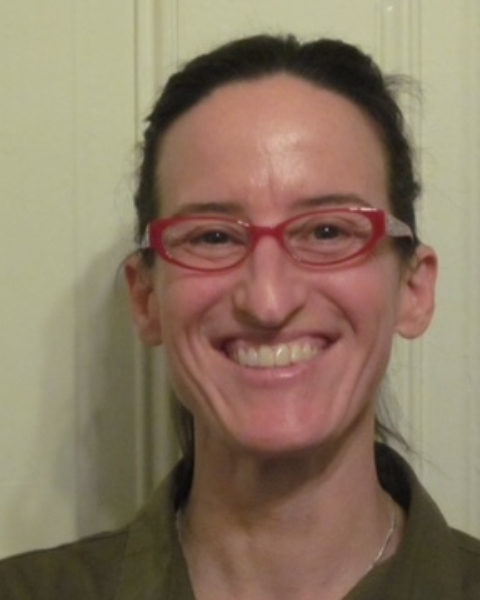90 Minute Main Congress Breakout Sessions
C10 - Wildland Firefighters: Unique Challenges and Paths to Resiliency
Thursday, May 4, 2023
8:00am - 9:30am EST

Marilyn J. Wooley
Dr.
West Coast Posttrauma Retreat
Redding, California, United States
Noelle Bahnmiller
Peer
Fire Agency
Sonora, California, United States
Firefighting is among the most stressful of jobs, and wildland firefighters aren’t the same as other firefighters. Less than 10% of firefighters are wildland firefighters. They can hike three miles up a mountain in 45 minutes wearing sweltering Nomex suits and carrying up to 120-pound packs of food and supplies in temperatures that can reach into the 100s. The risks can be heat exhaustion, dehydration, even death. They may go without food or sleep for 56 hours when a wildfire breaks out, followed by a marathon of 16-hour days for weeks at a time in filthy, ungodly conditions. Aside from rugged terrain, there are falling trees and dangerous wildlife. Evidence suggests that long working hours are associated with an increased risk of cardiovascular problems, physical and emotional fatigue, addictive behavior, higher injury rates, suicide, and overall mortality. Physical demands are not the only challenge. A firefighter notes, “Leave the fire and then the real challenge begins: Homelife.” Wildland firefighters are away from their families for months. The isolation can fracture families. Spouses complain that even when they're home, the wildland firefighter is absent minded, distractible, preoccupied, moody. What was once a challenging job has become an impossible one. Wildland firefighters are the canary in a coal mine. They have glimpsed the future, and it has traumatized them. How to help them? Providing psychological support to wildland firefighters at war with catastrophic fires is a heroic task given vast distances involved, few resources, the weeks spent away, and unavailability of culturally competent MHPs. Traditional forms of treatment don’t fill the need; creativity is necessary to offer them and their families crisis management, family support, and accessibility. This presentation discusses challenges to wildland firefighters and summarizes creative ways to to provide Psychological First Aid and promote resiliency and recovery using innovative methods.
*Profession Specific CEs:
This presentation is approved for 1.5 CE Credits by The Anne Arundel County Mental Health Agency, Inc. (AACMHA) as an approved sponsor of the Maryland Board of Social Work Examiners for continuing education credits for licensed social workers in Maryland.
This presentation is approved for 1.5 PDH from EAPA- Employee Assistance Professionals Association.
1.5 CE Credits for NAADAC, This course has been approved by International Critical Incident Stress Foundation (ICISF), as a NAADAC Approved Education Provider, for educational credits. NAADAC Provider # 87914, International Critical Incident Stress Foundation (ICISF), is responsible for all aspects of the programing.
*Review ICISF World Congress 17 CE website page for additional requirements.
*Profession Specific CEs:
This presentation is approved for 1.5 CE Credits by The Anne Arundel County Mental Health Agency, Inc. (AACMHA) as an approved sponsor of the Maryland Board of Social Work Examiners for continuing education credits for licensed social workers in Maryland.
This presentation is approved for 1.5 PDH from EAPA- Employee Assistance Professionals Association.
1.5 CE Credits for NAADAC, This course has been approved by International Critical Incident Stress Foundation (ICISF), as a NAADAC Approved Education Provider, for educational credits. NAADAC Provider # 87914, International Critical Incident Stress Foundation (ICISF), is responsible for all aspects of the programing.
*Review ICISF World Congress 17 CE website page for additional requirements.
Learning Objectives:
- Upon completion the participant will be able to describe the specific, unique challenges faced by wildland firefighters on their jobs.
- Upon completion the participant will be able to discuss challenges faced by wildland firefighters in their personal lives.
- Upon completion the participant will be able to discuss PFA and innovative methods that can be applied in remote areas.
